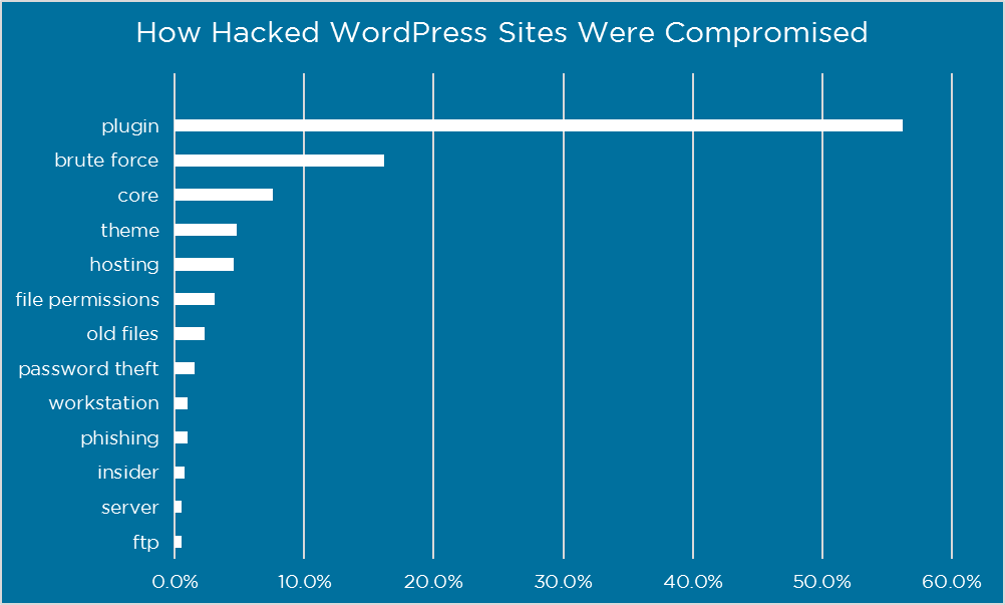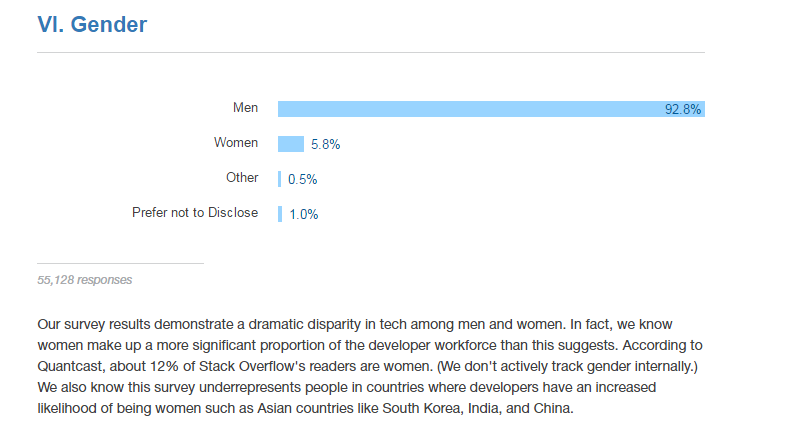Sections
The Meaning of AlphaGo
[avatar user=”malm” size=”small” align=”left” link=”file” /]
Following the heights scaled by AlphaGo last week has illustrated the opposite, the depths of which human beings are capable in the indiscriminate attacks in Belgium with its own horrible and twisted logic:
Merely killing passers-by serves no warlike purpose in itself. The explosive force derives from our reaction to it, from the public attention awarded to it and from the response of the political community.
There’s little to be gained by adding further to the mass of articles on why it was done and what can be done about it. It is however worth reflecting upon the events and considering whether the concerns that some commentators have about the ability for artificial intelligence to impact the course of human evolution are overplaying the human hand. Perhaps there are some aspects to human behaviour we could do with a greater sense of urgency on addressing and which we are in danger of bestowing upon our creations as this week’s unfortunate incident with Microsoft’s “racist” AI revealed only too plainly:
If your idea of human intelligence is to act like a racist jerk, Microsoft's Tay bot passes the Turing test https://t.co/VCZrUiYpIT
— Mitch Kapor (@mkapor) March 25, 2016
This blog is going to continue to focus on our collective achievements with science and technology. Following on from the famous victory over Lee Sedol, Demis Hassabis published a blog post on “what we learned in Seoul with AlphaGo” . Relatedly, another must-read post included an interview with the legendary Geoff Hinton, the “godfather of neural networks” and creator of backpropagation also now at Google (of course) musing on progress, timescales and obstacles:
My belief is that we’re not going to get human-level abilities until we have systems that have the same number of parameters in them as the brain. So in the brain, you have connections between the neurons called synapses, and they can change. All your knowledge is stored in those synapses. You have about 1,000-trillion synapses—10 to the 15, it’s a very big number. So that’s quite unlike the neural networks we have right now. They’re far, far smaller, the biggest ones we have right now have about a billion synapses. That’s about a million times smaller than the brain.
The kind of Deep Learning technology that helped turn AlphaGo into a grandmaster albeit using hypercharged training and huge compute capacity is still rather obtruse for the layman to access but that is likely to change in the coming years. Key steps to mainstreaming the tech were arguably made this week with the announcement by Google of a user-friendly set of “Cloud Learning” APIs and (crucially) pre-trained models for speech recognition etc are to be made available for general purpose use within Google’s Cloud Platform (GCP):
Further evidence that Google are taking their Machine Learning responsibilities seriously is clearly evident in the decision to stop pursuing humanoid robot development and stick to software instead.
The consequence of all this advance is that the universal basic income (UBI) argument is going to become an ever more important in the coming years. This Medium post suggests it will emerge as mainstream once we have learned the “lesson of our lives”:
No nation is yet ready for the changes ahead. High labor force non-participation leads to social instability, and a lack of consumers within consumer economies leads to economic instability. So let’s ask ourselves, what’s the purpose of the technologies we’re creating? What’s the purpose of a car that can drive for us, or artificial intelligence that can shoulder 60% of our workload? Is it to allow us to work more hours for even less pay? Or is it to enable us to choose how we work, and to decline any pay/hours we deem insufficient because we’re already earning the incomes that machines aren’t? … What’s the big lesson to learn, in a century when machines can learn? I offer it’s that jobs are for machines, and life is for people.
Life in the post-work economy will need to address those who wish to cling to an increasingly shaky capitalist hegemony that will likely remain implacably opposed to anything approaching UBI which could end up framing the primary political battleground of the next generation:
The fact is that capitalism—with its tendency to income inequality, information monopolies, and financial power—is running out of steam. It’s time to start thinking about something new.
The Internet of Things and Robots
- “O Brave New World that has such creatures in it!”. Domino’s are trialling an ‘autonomous pizza delivery robot‘ called DRU (Domino’s Robotics Unit) that can also keep beverages cold:
Now Fitbit users can hear praise for their daily activity from a human voice (and in full sentences), though a new integration with Amazon Echo’s digital assistant Alexa.
- IT Pro on why security is the biggest single barrier to Internet of Things (IoT) adoption and what companies venturing into IoT can seek to do about it – use external staff and service providers to leapfrog internal pain points.
- VisionMobile also cited security as one of the top three challenges facing IoT developers in their recent report on the topic. The other two for them are: i) the need for developers to understand both hardware and software and ii) a fragmented development ecosystem.
- FastCodeDesign examine the prospects for the open Android Wear platform versus the closed Apple Watch model and asks if smartphone history will repeat itself or whether Android this time will end up totally dominating the whole industry:
Android Wear is poised to become the only viable OS not just for the fashion industry’s smartwatches, but for the entire fashion industry at large.

Apps and Services
- How the Dead Live on in Facebook and will inevitably outnumber the living one day. When they do it will have profound and disturbing consequences for those left behind who risk mental confusion attempting to distinguish between reality and fiction:
The numbers of the dead on Facebook are growing fast. By 2012, just eight years after the platform was launched, 30 million users with Facebook accounts had died. That number has only gone up since. Some estimates claim more than 8,000 users die each day.
In Facebook, all places are present, all times are now. [The dead exist] in this medium just as I do. … There’s no moving on without any of the millions of dead Facebook users. ,,, As of yet, there’s no good solution to the problem of dead data, of digital ghosts. The only hope is that the internet’s memory will at some point begin to fade.

- Fjord Design Trends 2016. A key insight is to focus on building a great culture.
- TechCrunch have released a new AI-powered newsbot on Telegram powered by the Chatfuel platform. It comes across as a little limited in terms of scope since it only takes articles from one source. A more catholic version would be interesting to see and would make this blog easier to pull together:


Cloud Computing
- AWS is 10 years old. It remains the overwhelmingly dominant public cloud platform of choice for most startups. But some chinks are beginning to emerge particularly with recent announcements from Google suggesting they are gearing up for an assault. Google Cloud Shell is a case in point. It provides users with command-line access to computing resources hosted on Google Cloud Platform (GCP).

- The revelation that Apple are running a secret program called McQueen to build their own cloud hosting and move away from AWS and GCP is a blow to both. It is also a sign of how strategically critical cloud ownership is to Apple.
- One area where AWS remains the undisputed leader is serverless computing. This post provides a good overview of serverless.
Devices and Manufacturers
We aren’t done with the mobile revolution. But we are mostly done with it in the developed world. … the thing that is particularly exciting about new services in the developing world is that they may come with fundamentally new business models. And, it turns out, new business models are even more disruptive than new technologies.
- Reports emerged over the last few days that Israeli security forensics firm Cellebrite used by many OEMs to support service backup and restore use cases may be helping the FBI unlock htat iPhone.
- The Verge review the Xiaomi low-cost Mi5 smartphone and find much to admire:
Autonomous Vehicles
- Reuters are reporting that Uber “has sounded out car companies about placing a large order for self-driving cars“.
- The FBI have released a public service announcement underlining their concerns that cars increasingly vulnerable to remote exploitation.
- And right on cue, an excellent blog post on hacking a Tesla S electric car reveals it to be an “enterprise computing system on wheels” which incorporates some really good design decisions notably the inclusion of a first class FOTA update mechanism as well as separation of security domains:
Some reverse engineering of this service showed that the Tesla Model S does NOT seem to send raw CAN frames from the infotainment system to the vehicle. Instead, there is a Vehicle API (VAPI) whereby the CID asks the gateway to perform any one of an “allowed” set of actions.

Security
- Fantastic in-depth paper on iOS9 security comprehensively covering OS, application, networking and cloud computing.
- Essential analysis of a large PIN code dump indicates that 1234 and 1111 are the most common (and therefore weakest) choices together constituting 1/6 of all PINs.
- WordFence on how attackers gain access to WordPress sites. Basically through a plugin vulnerability or via brute forcing a weak password.

- News recently emerged of “real time face to face capture and re-enactment” of video opening up the prospect of fraudsters and intelligence agencies alike seeking to exploit with faked video clips. The choice of enactment actor is somewhat unfortunate:
Software Engineering
- The Stack Overflow 2016 developer survey is essential reading for anyone who works in tech. In amongst the surfeit of coding language breakdowns is this shocking stat demonstrating the “other” technological Singularity the tech industry faces, one based on gender:
- Even Microsoft think you should be using Python 3 as it sits on the cusp of finally overtaking Python 2:

- Data structures in C seems to betray the influence and impact of of dynamically-typed languages.
China
- McKinsey profile the modern Chinese consumer and their increasingly sophisticated tastes.
- The Makers of Modern China:
Startups and Work
- There’s a business parable in the collapse of Powa, a company that bragged of a large client base but omitted to mention a rather important fact:
none of those companies had signed contracts, merely “letters of intent”, which did not commit them to anything. One senior figure in the company told me that young inexperienced sales staff were rewarded with a £2,000 bonus every time one of these letters was signed “so they weren’t particularly concerned about the quality of the deal”.
- Silicon Valley Twitter persona Startup L Jackson was recently unmasked as a real-life VC called Parker Thompson who works at AngelList. Only recently this blog highlighted his “top ten tweets ever”.
- Is your company psychopathic? The litmus test involves demonstrating empathy for the workforce.
- A LinkedIn post from a guy who worked for two billionaires and just distilled his learnings. Tl;dr is to stay curious about everything, especially other people, to show a degree of humility and be prepared to be hard-working but delegate aggressively.
Trump
- Talking of billionaires, this week’s round up of Trump links includes this one positioning him within a global rise in authoritarianism fuelled by nationalism and stirring up distrust of whole groups:
systemic, global, and amorphous problems … are solvable, but not easily, and not immediately. It is much easier to find someone to blame, which is why we are seeing the return to acceptability of xenophobia and jingoism. Trump on Muslims and Hispanics. Putin on Ukrainians. Erdoğan on Kurds. And the list goes on. The slope from here to scapegoating all dissenters as “enemies of the state” is proving frighteningly slippery.
- The WashPo transcript of Donald Trump’s meeting with their editorial board is something of a car crash. It reveals Trump to be extraordinarily fixated with perceived slights and negative reporting at the hands of journalists. He appears to be more interested in focussing on that than ISIS. He also seems to change his mind and blow hot, cold and everything in between (or more charitably be very unclear about the detail of his position) multiple times within the interview sometimes within the same response.
In the episode, Bart Simpson gets a glimpse of his future only to find that he’s pretty much a loser, while his sister Lisa has become the president of the US. She calls a meeting in the Oval Office to assess the damage done by her predecessor, Trump; an advisor holds up an plummeting line chart and explains, “We’re broke!” … The idea of a Trump presidency came about when the writers needed to invent a world in which “everything went as bad as it possibly could”.
https://youtu.be/lxjM1yCcqTQ
Society and Culture
- Death by gentrification and the killing that shamed San Francisco makes for a horrible read. That the root cause appeared to be ‘a thirtysomething “user experience design professional”’ says a lot.
- Virtual reality. WashPo on ‘what it’s like to be a hot girl online when you’re a nerdy guy in real life‘.

- The problem of patriarchal technology that’s primarily designed for men. Not surprising given the massive disparity in representation alluded to earlier.
Last year, frustrated, sixth-grader Madeline Messer analyzed 50 popular video games and found that 98% came with built-in boy characters, compared to only 46% that offered girl characters.



